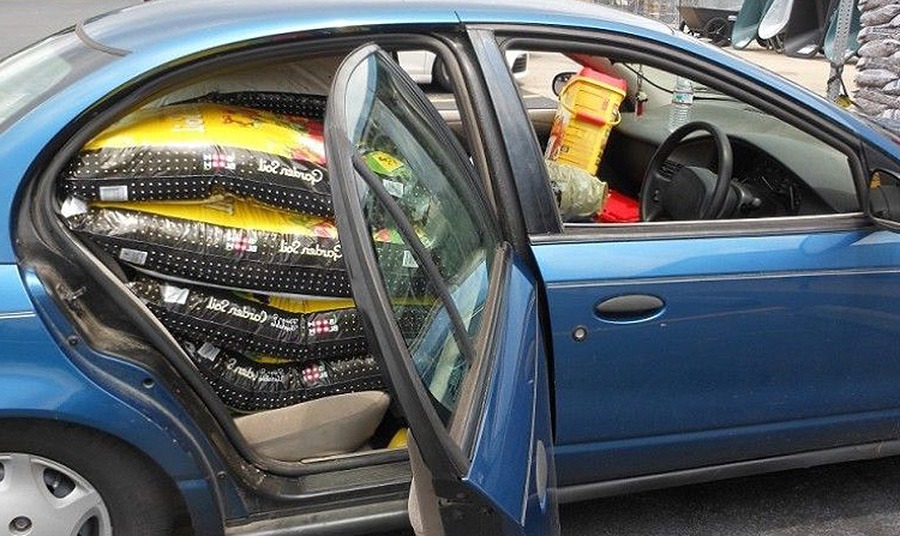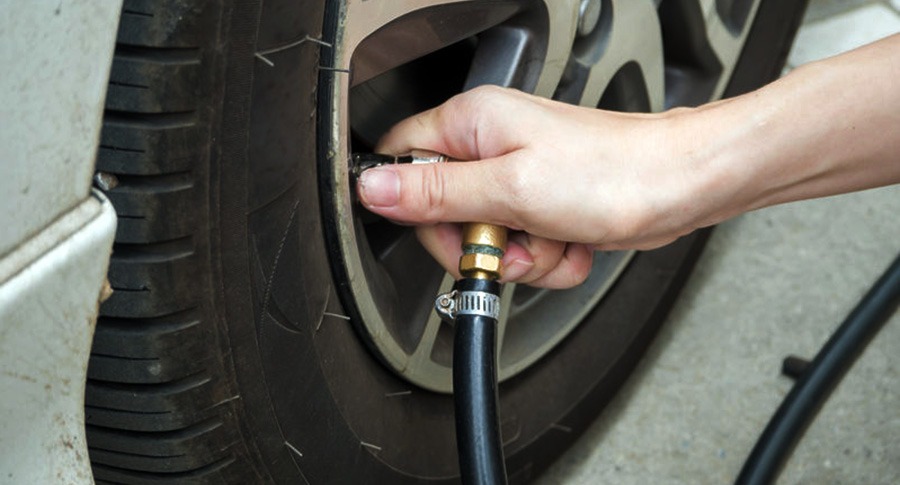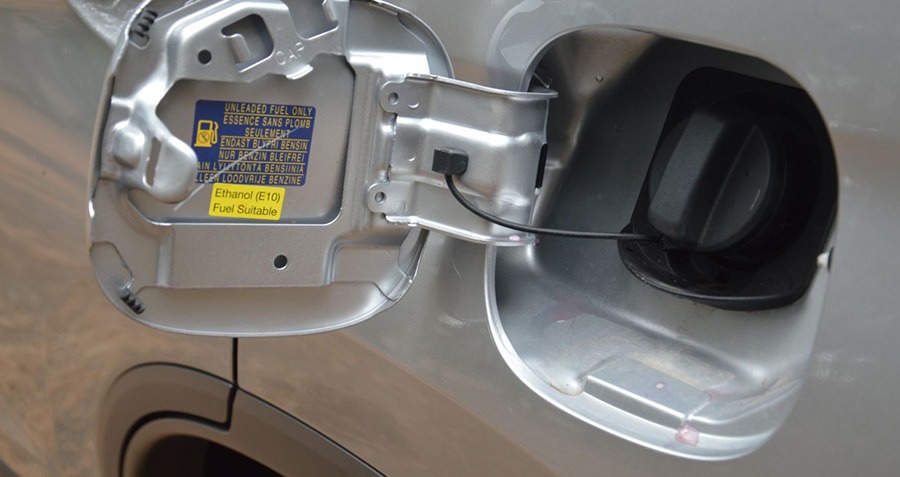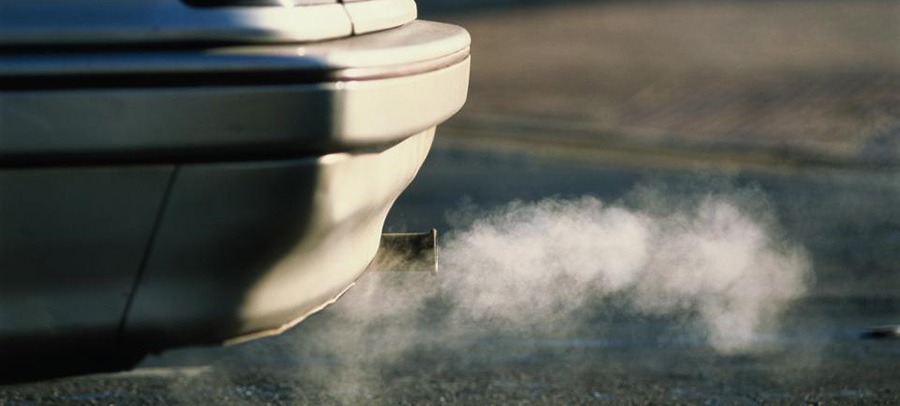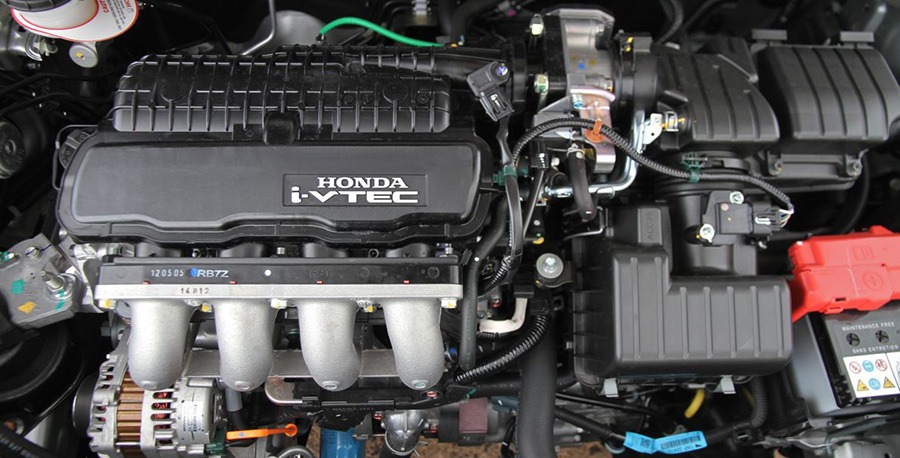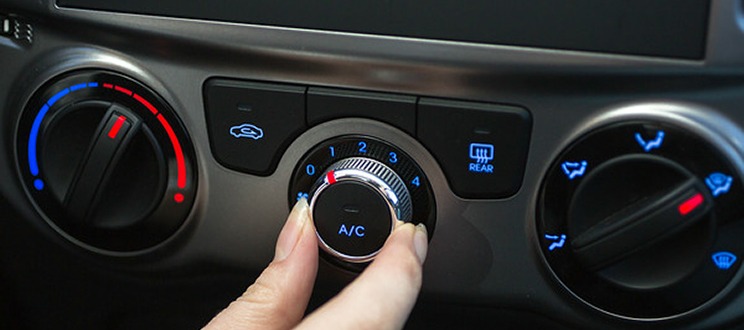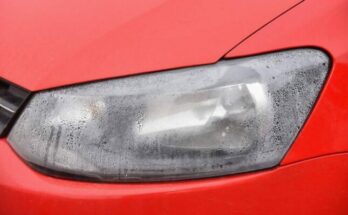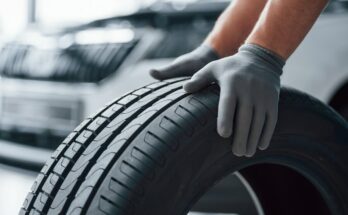Owning a car has become a fundamental necessity in modern life. Families get to enjoy a long weekend with the convenience of traveling as a group while emergency situations are better managed with a vehicle readily available.
However, there is one thing about vehicle ownership that frustrates a lot of people is the maintenance costs and the fuel economy. To put it in a simplest way, fuel economy is defined as the relationship between the distance traveled and the amount of fuel consumed by your vehicle.
Related: 10 Factors That Affect Fuel Economy
Since there are things you can do to extend the utility of the fuel you put in your tank, here are the tips to improve the fuel consumption of your vehicle.
Easy on the accelerator, easy on the brakes
Most of us have this tendency to unleash the speed demons in our inner beings, living our wildest fantasies of becoming an F1 racer or a WRC driver. Regrettably, this is not the best way to save on fuel since you are technically requiring your engine to push you that fast.
The reason is quite simple. The faster you go, the greater is the drag that your car will have to work against. Unfortunately, this requires more fuel to be consumed. So be gentle on the accelerator pedal and try to let the car accelerate on its own will.
The same is true when coming to a stop. Don’t try to be a Formula 1 driver who applies the brakes just in the nick of time to make that critical apex, allowing it to turn in perfectly without any significant loss in momentum.
Related: 7 Mechanical Failures That May Lead to Accidents
The problem with most of us today is that we clearly don’t have any regard for the traffic lights. As soon as the lights turn yellow, we step on the pedal like some drag racer hoping to beat the other motorists alongside us. Unfortunately it doesn’t work that way. The sudden acceleration will burn more fuel.
And if you have to stop abruptly, energy will have to be spent to bring your car to a complete stop. When coming to a signal with the traffic lights turning yellow, better get your foot off the accelerator pedal and simply allow your vehicle to come to a slow rolling stop.
Don’t carry excessive weight
Carrying excessive and unnecessary weight in your vehicle puts more strain on the engine, making it work harder. As you already know, an engine that is working exceptionally hard will require more fuel to be burned.
Imagine yourself carrying a 5 kg shopping bag. It’s relatively easy, but then try increasing that to around 20kg and you’d definitely be huffing and puffing as you move around carrying it. Of course, you are able to carry it, but your muscles will be working doubly hard. You’ll be perspiring more and feel out of breath. It is not comfortable at all.
Related: Guide: Buying a Used Car in Pakistan
Now put your personal experience into your car. Sure, it doesn’t have blood vessels and muscles you’d have to worry about, but the fact remains – any increase in vehicle weight will substantially lead to increased engine workload which easily translates to poor fuel consumption.
Always keep the tires inflated with correct pressure
One of the easiest ways to improve your fuel consumption is to inflate your tires to the correct pressure. Unfortunately, a lot of us today neglect this part. As long as the wheels are able to turn and the tires maintain good contact with the ground, then it’s easier for the car to move around without putting unnecessary stress on the engine. Running on low tire pressure increases the rolling resistance of your tires on the ground surface and hence increases fuel consumption.
Keep your fuel filler cap fully sealed
The fuel filler cap contains a rubber seal which forms an airtight protection against the possible entry of air into your fuel tank. Unfortunately, this rubber seal degrades over time, forming cracks or failing altogether. This can allow oxygen to pass through into your gas tank, increasing the amount of air entering your car’s engine while fuel is being drawn or pumped from your tank. Because of this increased air in the fuel, your engine will have to burn more fuel and this also increases your fuel consumption.
Avoid excessive idling
Did you know that running your engine at idle can actually consume roughly about 1.5 to 2 liters of fuel every hour. Now do the math. Remember you are more likely to burn less fuel if you simply switch off your engine, wait for whatever it is you are waiting for, then restart the car rather than having your engine running all the time even though you are not really moving.
Related: Do You Really Need to Warm Up the Engine Before Setting Off?
You also don’t really need to warm the engines every morning. As doing so burns more fuel than actually driving the car. So start your engine, let it run for about 20 seconds, and begin your journey.
Drive in the highest possible gear but without putting undue stress on your engine
If you are driving a car with manual transmission, you should always run on the highest possible gear for the average speed that you are going without subjecting your engine to unnecessary load. This improves fuel efficiency as the engine doesn’t have to work that much to run on the higher speed limits of a particular gear. Running at high speeds in low gear can rob you of as much as 45% fuel than what is necessary. So keep this in mind. However, if you are driving an automatic car, just be easy on the accelerator pedal and make sure overdrive is on.
Keep your vehicle in tune
Proper maintenance is a key to better fuel consumption. Keep your vehicle in good knick with regular oil changes, clean air & fuel filters and clean injectors. Clogged up or worn out components badly affect the fuel consumption of your vehicle.
Wisely using the air conditioner
It is true that using your air conditioning unit can substantially lower fuel economy. However, it actually depends on when you are going to turn on the AC. Studies now show that in city driving where stop-go-traffic won’t let you go anywhere near the 80 km/h mark, it is more fuel efficient to roll down your windows and turn your car AC off. Off course if the weather isn’t that hot enough.
Now, when it comes to highway speeds in excess of 80 km/h, the best approach is to roll up your windows and turn on the AC. This reduces drag caused by open windows. In short, if you are driving slow turn off the AC and roll down your windows. If you are driving fast on a highway, then do the opposite.
Related: Guide: Getting the Best Out of Your Car’s AC
Fuel economy is more about the right driving practices as well as a basic understanding of how certain physical principles affect the work of an engine. The bottom line is that any increase in engine work load results in an increase in fuel consumption, thus lowering fuel consumption.

A computer animation professional with over 23 years of industry experience having served in leading organizations, TV channels & production facilities in Pakistan. An avid car enthusiast and petrolhead with an affection to deliver quality content to help shape opinions. Formerly written for PakWheels as well as major publications including Dawn. Founder of CarSpiritPK.com


